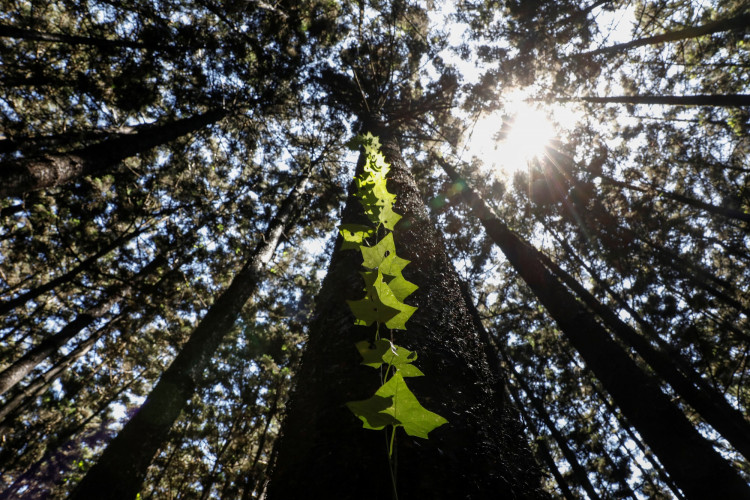The world has reached a decade-old goal of having large areas of land and marine habitats protected or conserved by 2020, according to the United Nations, but it emphasizes the need for stronger enforcement.
According to a report by the United Nations Environment Programme (UNEP) and the International Union for the Conservation of Nature (IUCN), there are currently at least 22.5 million square kilometers of protected land and 28.1 million square kilometers of protected oceans on the planet.
This is on track with the 2010 aim set by nations to have at least 17% of land and 10% of the marine ecosystem under official protection by 2020.
"Protected and conserved areas play a crucial role in tackling biodiversity loss, and great progress has been made in recent years on strengthening the global network of protected and conserved areas," said Neville Ash, director of UNEP's World Conservation Monitoring Centre.
Last year, the U.N. warned that the world was on track to miss all 20 of the Aichi Targets, set a decade ago to limit biodiversity and nature loss.
While the report released on Wednesday indicates success in the form of more than 50 million km2 of protected land and ocean since 2010, it also highlights a number of failures.
A third of the world's main biodiversity areas have no form of protection or conservation coverage, and less than 8% of land is both protected and connected.
The combination of protection and connection is regarded as critical for the conservation of many of the world's threatened species.
The report encouraged greater recognition of existing protected and conserved areas by taking into account the contributions of indigenous peoples and local communities, which "remain undervalued and underreported," according to UNEP.
It also stated that conservation and protection must be better handled and implemented.
"Designating and accounting for more protected and conserved areas is insufficient; they need to be effectively managed and equitably managed if they are to realize their many benefits and local and global scales," Ash said.






